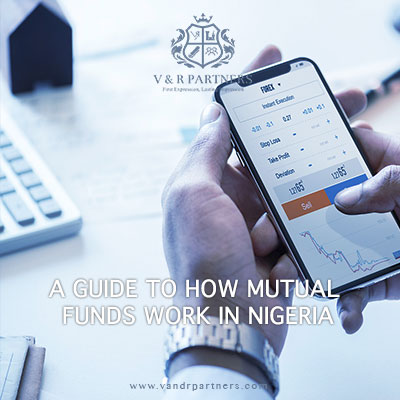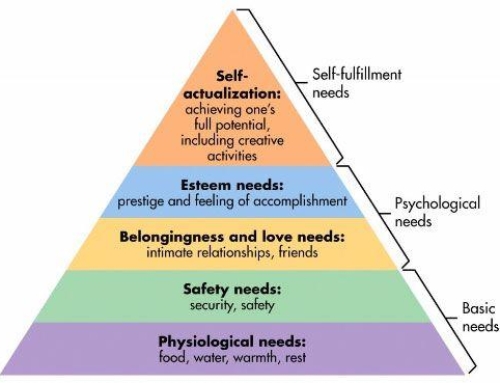This article breakdown investing in Mutual Funds in Nigeria.
What is a Mutual Fund?
A mutual fund can be defined is an entity that pools cash from a variety of investors for the sole purpose of investing the cash in shares, bonds, treasury bills etc (all together called a portfolio of investments). The profit derived from the diversified pool of investments are shared to investors in the funds annually or semi annually or as stipulated in the fund prospectus.
Who Operates a Mutual Fund?
Mutual Funds are operated by professional investment firms made up of people who are savvy with the money and capital market. Mutual Fund, like in Nigeria can be operated by the Investment arm of banks, stock brokerage firms, investment banks etc.
How is it different from a stockbroking firm?
A stockbroking firm is simply a company that on your behalf and instruction uses its license to buy and/or sell shares on the stock market. With a stock brokerage firm you give them an instruction to buy or sell shares of your choice. You also keep tabs of the performance of your stocks on a daily basis and monitor its performance independently. For a Mutual Fund however, they determine which Investment decisions to make rather than you giving instruction as to what shares should be bought for you or which you intend to sell. The shares you buy with the Mutual Fund is that of the fund and not that of the companies quoted on the stock exchange or indeed any quoted investments.
Do they only invest in stocks?
Off course not. Mutual Funds mainly invest in broad and diversified pool of investments. However these can be grouped into two;
A – Money Market
B – Capital Markets
Money Market – Example of Money Market instruments are Treasury Bills, Certificate of Deposits, Commercial Paper etc. These instruments are mostly debt note with a promise to pay a stipulated interest rates and the principal at a predetermined date.
SOURCE: Nairametrics





